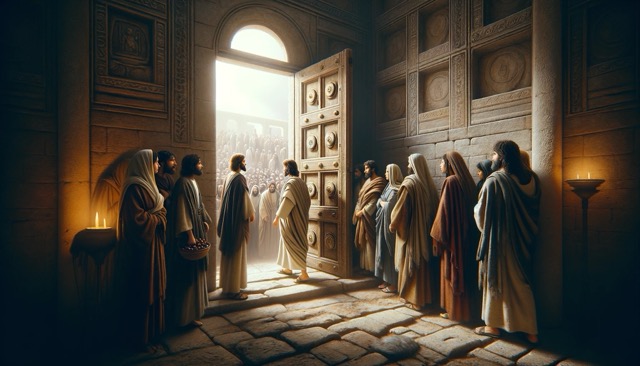Even healing ends up controversial. Jesus healed a man on the Sabbath, which caused an uproar among the Pharisees. While well-intentioned, Jesus’s actions were considered controversial during this period. The word of his actions spread to various Roman cities, including Galilee, Judea, Jerusalem, and even parts of Lebanon. His teachings were widespread, and he attracted large crowds, leading to a need for prepared boats to prevent the crowds from overwhelming him.
The appointment of Jesus’s apostles included well-known figures such as Simon Peter, James, John, Andrew, Philip, Bartholomew, Matthew, Thomas, and Judas Iscariot, among others. Jesus tasked them with preaching and casting out demons. It’s worth noting that while some apostles are well-known, others like Nathanael and Bartholomew are less prominent in the Bible but are mentioned in traditions outside of it.
Jesus faced, particularly from scribes from Jerusalem who accused him of being possessed by the devil. Jesus refuted these claims, stating that it’s nonsensical for demons to cast out demons. He also emphasized the severity of blaspheming against the Holy Spirit, an unpardonable sin, as it involves rejecting not just Jesus but the Holy Spirit.
Lastly, we discussed the misunderstanding and concern of Jesus’s family towards his mission. They were worried about Jesus’s safety and sanity and attempted to seize him. However, Jesus responded by expanding the definition of his family, stating that whoever does the will of God is his brother, sister, and mother. His family’s concern reflects a lack of understanding of Jesus’s divine nature and mission by many people, including his family.

